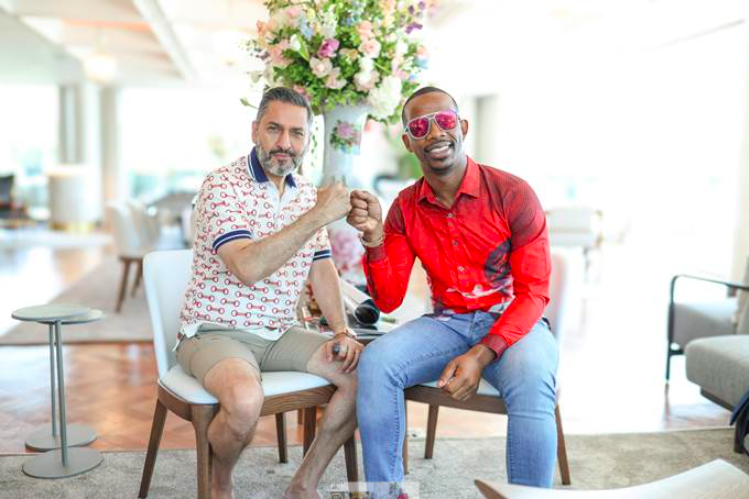By Zunaid Moti, private investor and founder of MotiMoves
Certainly, a country’s business leaders and industrialists drive the economy – the tangible body – of a country. It’s the creative and athletic industry, however – the musicians, the singers, actors, artists, authors, sporting figures – that are its soul.
These talented individuals are the mouthpiece of millions, and represent the nation’s aspirations and angst, dreams and fears, pain and glory. As South Africans, we are incredibly invested in their activities, although, sad to say, our support for their activities normally falls short of financial investment.
Funding the arts and budding sportspersons isn’t simply about supporting them for their own sake. Let’s also be mindful that these activities foster economic growth, education, and cultural preservation, and have a positive influence on social cohesion, international relations, and tourism. Over the years, South Africa’s prowess in the fields of arts and sports have undoubtedly enhanced our international reputation.
In a recent discussion with local Grammy award winner and fellow entrepreneur Zakes Bantwini, we spoke about the possibility of creating funding models for aspiring artists and athletes, and what we, as entrepreneurs, could do to foster the treasure trove of undiscovered talent with which our country is blessed. I firmly believe that, as things stand, there are insufficient available opportunities for our nation’s talent to shine their light and exhibit their potential – especially those who have not yet achieved career success.
Funding models
There are certain arts and sports funds that rely upon corporate funding, to which hopefuls can apply for grants. I wouldn’t question the validity or efficacy of these initiatives, but would like to introduce a different approach to the mix. As it stands with grants, you contact the organisation, make your pitch and, if you’re successful, you receive some funding. The relationship ends there.
But to approach the scenario from a businessperson’s perspective, consider that we choose to invest in certain start-up companies because we see their potential. So, why not broaden this mindset then, and ask why we aren’t looking at individuals themselves as investment vehicles? In other words, it’s time to see raw talent as equity.
For this idea to gain momentum, we would need to formalise some kind of system that channels talent in the direction of receptive entrepreneurs and investors, as an ongoing pipeline.
Normally, investors only prick up their ears when they’re aware of an artist or athlete who has already proven him or herself. By contrast, I’m proposing that we need a mechanism to get in on the act sooner by being alert to new talent, and investing in them. In exchange, we would be giving them the resources and opportunity needed to grow and thrive in their careers. I stress, however, that this should not be perceived as an act of charity, but rather, an investment that could yield a return.
As a result, Zakes Bantwini and I hope to create a think tank that will formalise a business or an investment vehicle that will monetise talent while giving back to our nation’s creatives and sportspeople and helping them gain exposure. This model would be more attractive to potential donors, and these relationships could very well blossom into win-win situation for the entertainment sector.
Follow African Insider on Facebook, Twitter and Instagram
Picture: Supplied
For more African news, visit Africaninsider.com


